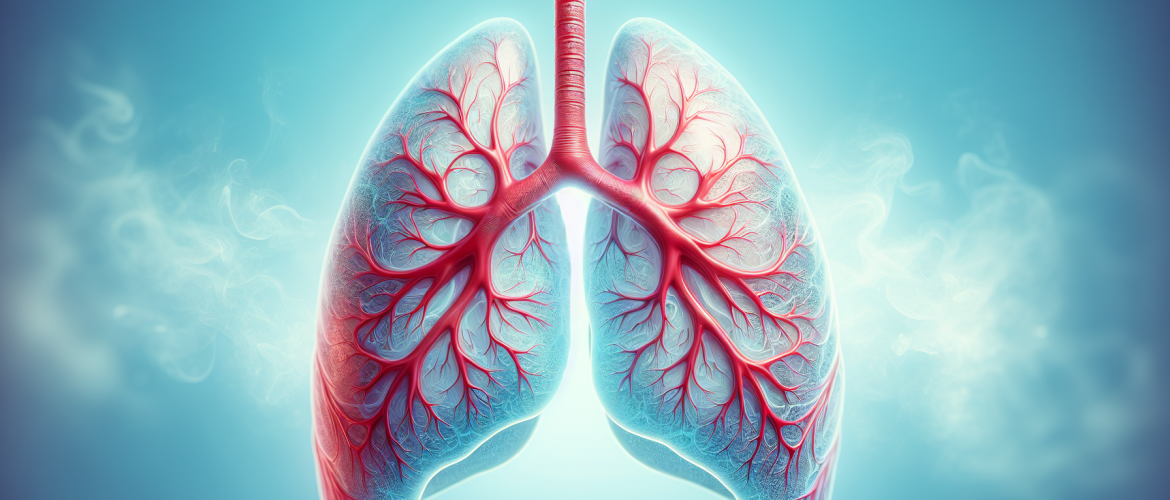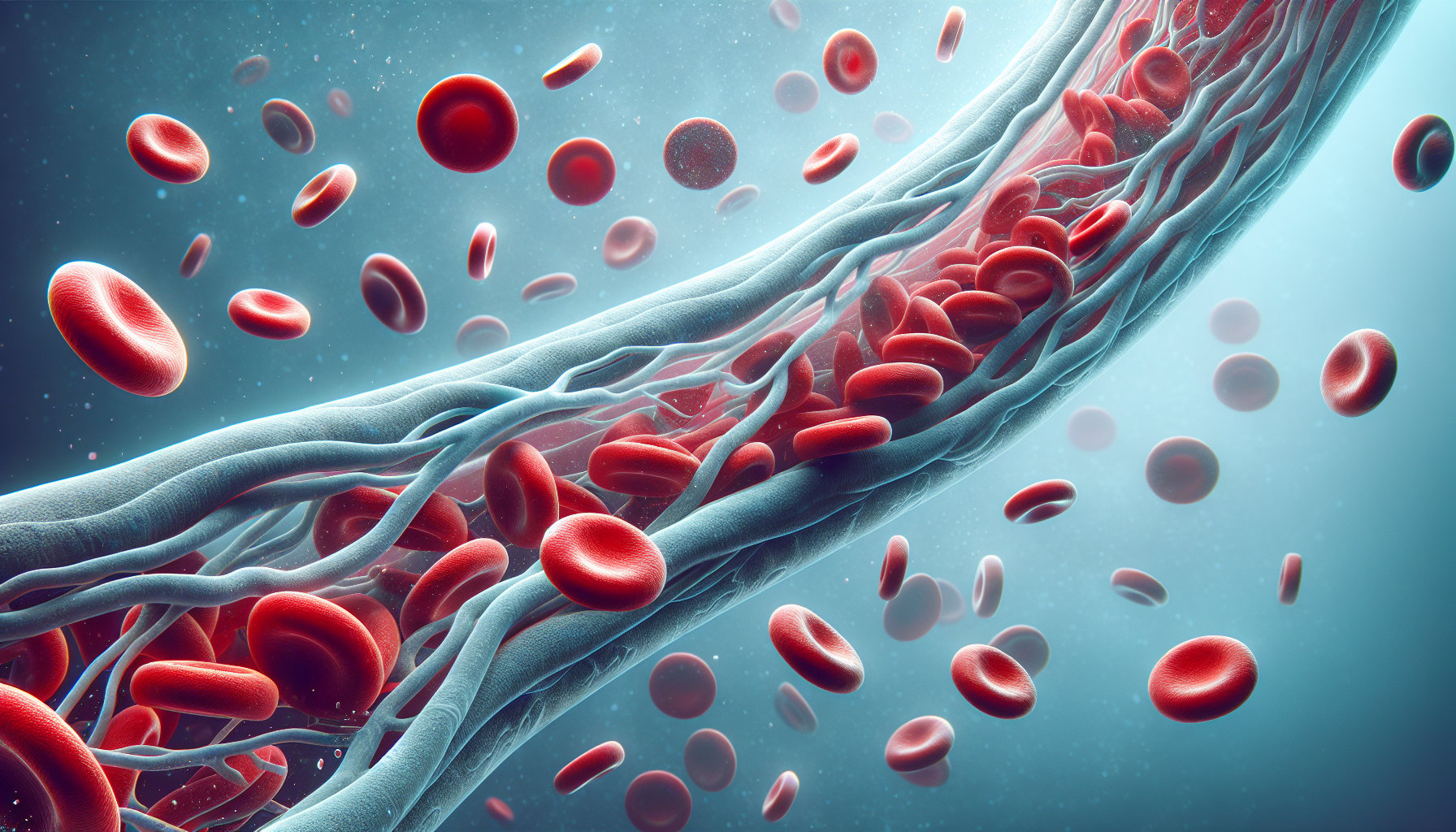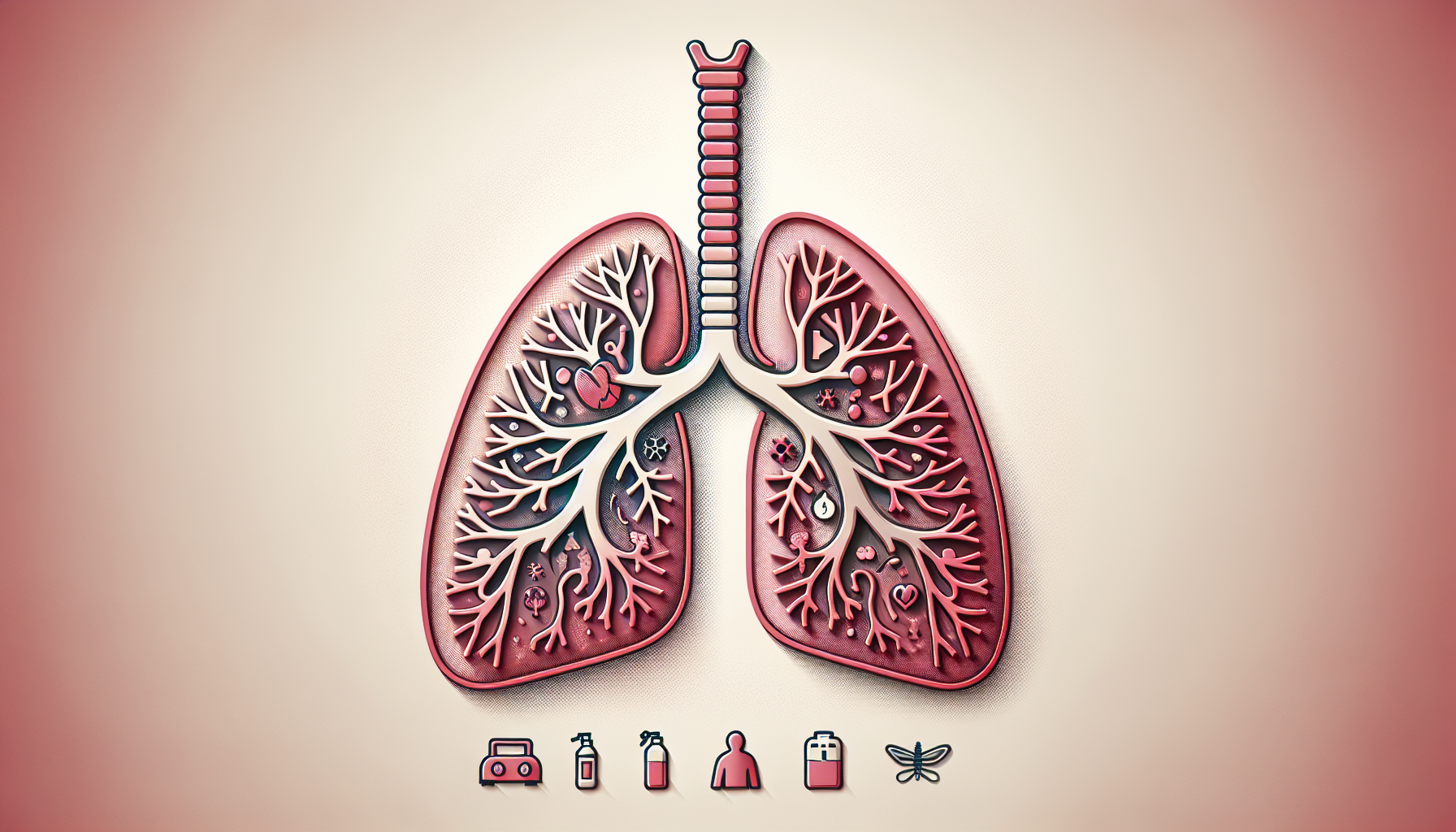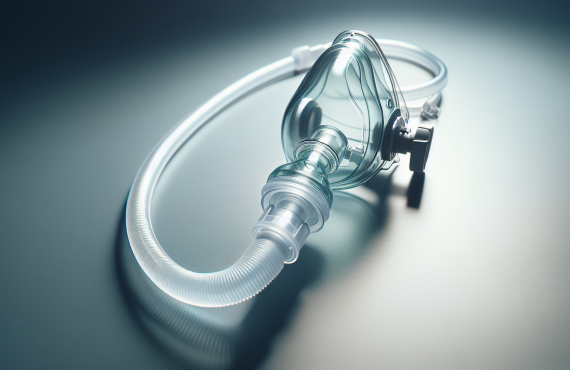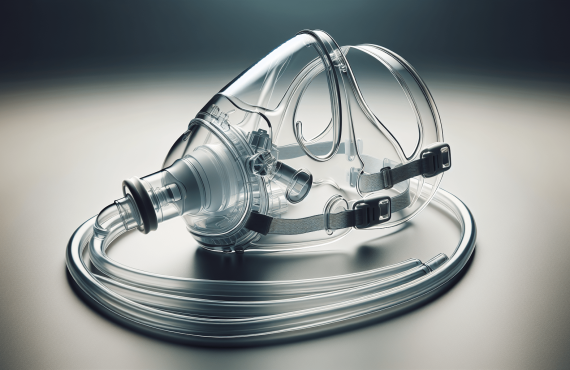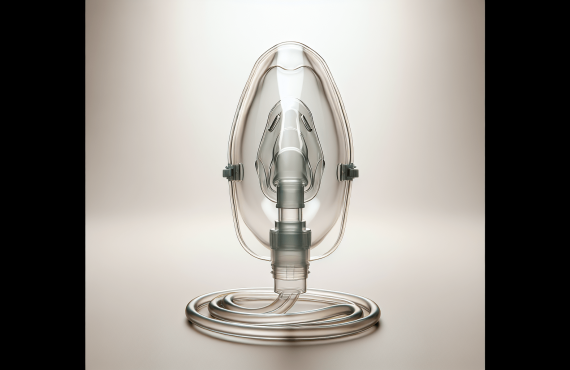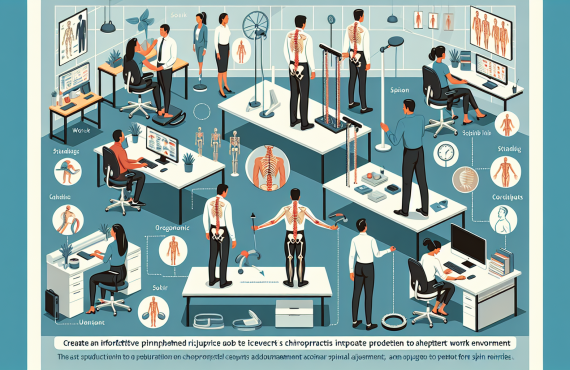Have you ever wondered what you can do to avoid the life-threatening complications of Chronic Obstructive Pulmonary Disease (COPD)? COPD is a progressive disease that makes it hard to breathe, and it’s a major cause of disability and death. Understanding and combatting COPD can be daunting, but lean in and let’s unravel what might be the single most important action you can take to manage this condition effectively.
Table of Contents
Understanding COPD
COPD is a group of lung diseases that includes chronic bronchitis and emphysema. These conditions cause breathing difficulties due to airway and air sac damage. Over time, breathing becomes increasingly difficult. What’s alarming about COPD is that many people don’t realize they have it until significant lung damage has already occurred.
The Symptoms
COPD often starts with subtle symptoms such as a persistent cough, shortness of breath, and chest tightness. As the disease progresses, these symptoms intensify, severely affecting one’s quality of life. Recognizing these early signs can lead to a timely diagnosis and more effective management.
Causes and Risk Factors
Smoking is the leading cause of COPD, with about 90% of cases linked to cigarette smoke. However, exposure to air pollutants, chemical fumes, and dust at workplaces, along with genetic factors, can also contribute. Hence, individuals exposed to such environments or with a history of smoking are at greater risk.
The Fundamental Action: Quit Smoking
Quitting smoking is arguably the most significant step you can take to prevent COPD from worsening. Smoking cessation can halt the disease’s progression and improve overall lung health. While this may sound like an obvious solution, the reality is quitting smoking isn’t easy. But consider this—the lungs begin to heal almost immediately after stopping.
Benefits of Quitting Smoking
-
Improved Lung Function: Within a few months, you’ll notice better lung capacity and easier breathing.
-
Reduced Risk of Exacerbations: Non-smokers experience fewer COPD flare-ups, meaning less frequent hospital visits and better daily comfort.
-
Prolonged Life Expectancy: Quitting smoking can extend your lifespan by years, giving you more time to enjoy with loved ones and pursue passions.

Navigating Smoking Cessation
The journey to becoming smoke-free can be challenging, but numerous resources and strategies can support you.
Developing a Plan
A structured plan can increase your chances of quitting successfully:
- Set a Quit Date: Choose a date that gives you enough time to prepare mentally and emotionally.
- Identify Triggers: Knowing what prompts you to smoke can help you avoid those situations or develop coping mechanisms.
- Seek Support: Inform family and friends about your plans to quit so they can support and encourage you.
The Role of Medication
Medications like nicotine replacement therapy, Zyban, and Chantix can ease withdrawal symptoms and reduce the urge to smoke. Consult with your healthcare provider to determine the most suitable options.
Support Programs
Support groups and counseling can provide the motivation and strength needed to quit smoking. Whether you prefer in-person meetings or online forums, connecting with others on a similar path can be incredibly empowering.
The Importance of Regular Exercise
While quitting smoking takes center stage, adopting a healthy lifestyle is equally crucial in managing COPD.
How Exercise Helps
Physical activity improves cardiovascular health, strengthens your respiratory muscles, boosts your immune system, and improves mood. Regular exercise can also alleviate some COPD symptoms, such as shortness of breath.
Suitable Exercises
Focus on exercises that enhance lung capacity and endurance.
| Exercise Type | Benefits | Example Activities |
|---|---|---|
| Aerobic | Increases heart and lung function | Walking, cycling, swimming |
| Strength | Builds muscle strength | Lifting weights, resistance bands |
| Flexibility | Enhances movement and reduces stiffness | Yoga, stretching exercises |
Creating an Exercise Routine
Start slow, particularly if you’ve been inactive. Gradually increase the intensity and duration of your workouts as your fitness improves. Always consult with a healthcare provider before starting a new exercise regimen, especially if you have COPD.
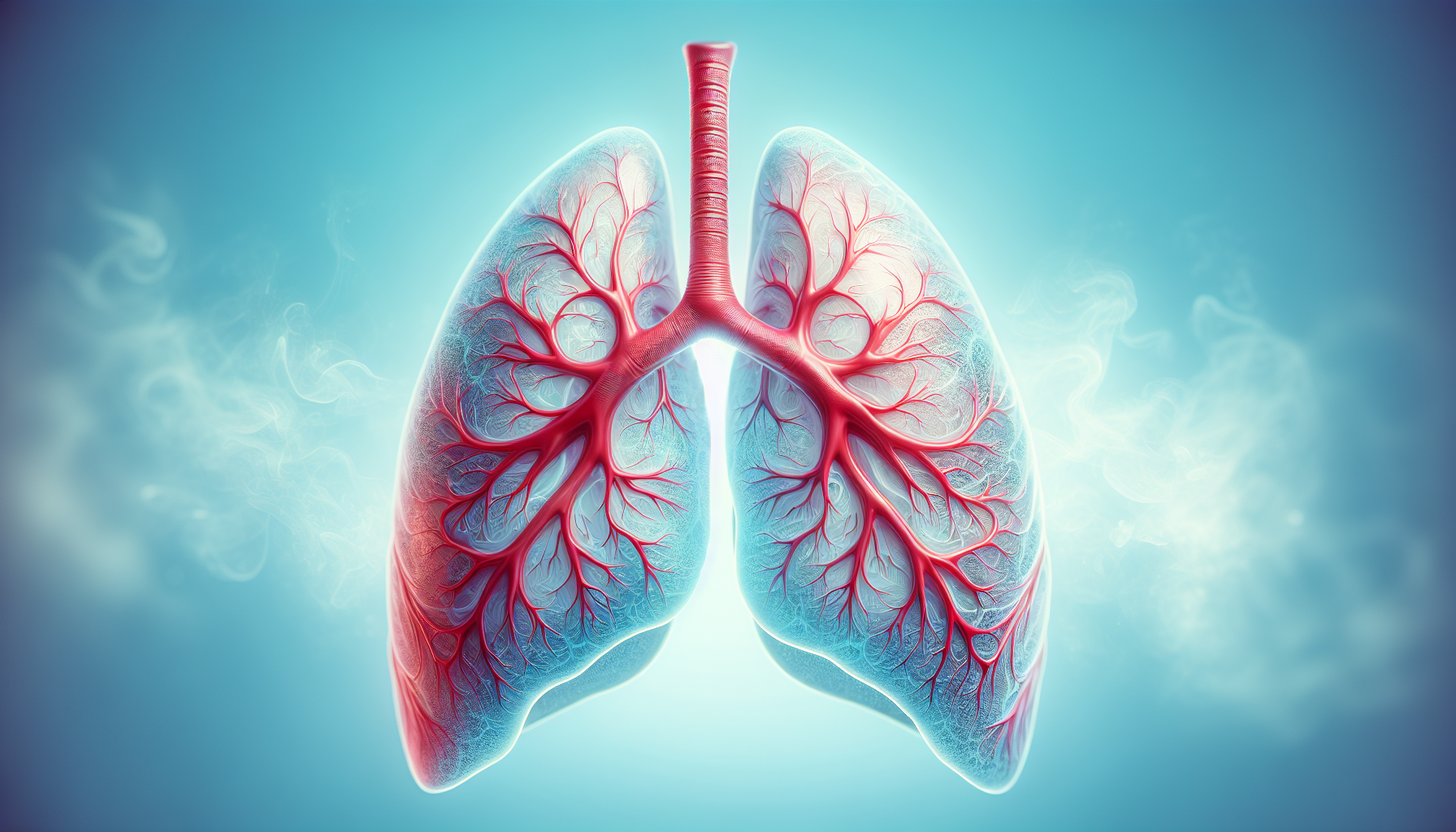
Maintaining a Balanced Diet
A nutritious diet plays a vital role in managing COPD.
Foods to Include
-
Fruits and Vegetables: Rich in antioxidants, they help fight inflammation.
-
Whole Grains: Provide essential fiber and energy.
-
Lean Proteins: Important for maintaining muscle mass.
-
Healthy Fats: Found in nuts, seeds, avocado, and olive oil, they help maintain optimal body function.
Foods to Avoid
Limit processed foods, sodium, and sugar, as these can exacerbate COPD symptoms. Multiple small meals spread throughout the day can prevent overeating and ease any bloating or discomfort.
Managing Stress
COPD can be stressful, and managing stress is an integral part of treatment. Stress can worsen symptoms and lead to flare-ups.
Techniques to Consider
- Mindfulness and Meditation: Simple breathing exercises can calm your mind and reduce anxiety.
- Yoga: Combines physical postures, breathing exercises, and meditation to promote relaxation.
- Support Networks: Engaging with support groups or counseling can provide a safe space to express feelings and concerns.
Regular Health Monitoring
Keeping COPD under control requires regular check-ups and monitoring.
Medical Follow-Ups
Frequent visits to your healthcare provider are necessary for monitoring lung health and managing any complications that arise. Pulmonary function tests and imaging may be necessary to track disease progression and adjust treatments accordingly.
Vaccinations
Vaccinations, including flu and pneumonia shots, play a crucial role in protecting against infections that could lead to severe COPD complications.
Exploring Additional Therapies
In some instances, traditional treatments may be supplemented with alternative therapies.
Hyperbaric Therapy
Hyperbaric Oxygen Therapy (HBOT) is a treatment involving inhaling pure oxygen in a pressurized chamber. This therapy promotes healing and oxygenates blood efficiently, offering potential benefits for COPD patients by enhancing tissue repair and reducing inflammation.
How Effective Is It?
While more research is needed, initial studies suggest HBOT could improve COPD symptoms and quality of life. Consult your healthcare provider to see if this option might be suitable for you.
For more detailed guidance, you could contact Henry Chiropractic, where Dr. Craig Henry and Dr. Aaron Hixon provide comprehensive care that could benefit individuals living with COPD.
Commonly Asked Questions About COPD
To wrap up our conversation, let’s answer a few common questions that might be lingering in your mind.
FAQ 1: Can COPD Be Cured?
No, COPD cannot be cured. However, its symptoms can be managed effectively with lifestyle changes and medical treatment, improving quality of life.
FAQ 2: Is COPD Hereditary?
Yes, genetics can play a role. A rare genetic disorder known as alpha-1 antitrypsin deficiency can lead to COPD, even in non-smokers.
FAQ 3: How Does Air Quality Affect COPD?
Poor air quality can worsen symptoms. Pollutants and allergens irritate the airways, making breathing more difficult for those with COPD.
FAQ 4: Should Lifestyle Habits Be Changed Immediately After Diagnosis?
Yes, making changes as soon as possible is beneficial. Quitting smoking, exercising regularly, and eating a balanced diet can significantly impact disease progression and overall health.
FAQ 5: Are There Support Options for Family Members?
Absolutely. Many support groups exist for family members, helping them understand the disease and provide support to loved ones.
COPD may seem like an overwhelming journey, but by focusing on vital actions like quitting smoking, regular exercise, a healthy diet, and stress management, you can effectively manage this condition. Remember, reaching out to healthcare professionals like Dr. Craig Henry and Dr. Aaron Hixon at Henry Chiropractic can provide needed support and guidance.
Henry Chiropractic
1823 N 9th Ave
Pensacola, FL 32503
(850) 435-7777
https://drcraighenry.com/
Understanding and addressing COPD requires patience, but with the right strategies and support, it’s possible to live a fulfilling life despite the diagnosis. Stay informed, stay active, and prioritize your lung health today.


